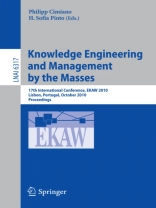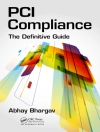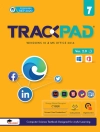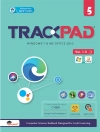Knowledge Management and Knowledge Engineering is a fascinating ?eld of re- 1 search these days. In the beginning of EKAW , the modeling and acquisition of knowledge was the privilege of – or rather a burden for – a few knowledge engineers familiar with knowledge engineering paradigms and knowledge rep- sentationformalisms.While the aimhasalwaysbeentomodelknowledgedecl- atively and allow for reusability, the knowledge models produced in these early days were typically used in single and very speci?c applications and rarely – changed. Moreover, these models were typically rather complex, and they could be understood only by a few expert knowledge engineers. This situation has changed radically in the last few years as clearly indicated by the following trends: – The creation of (even formal) knowledge is now becoming more and more collaborative. Collaborative ontology engineering tools and social software platforms show the potential to leverage the wisdom of the crowds (or at least of "the many") to lead to broader consensus and thus produce shared models which qualify better for reuse. – A trend can also be observed towards developing and publishing small but 2 3 4 high-impactvocabularies(e.g., FOAF , Dublin Core , Good Relations)rather than complex and large knowledge models.
Philipp Cimiano & H. Sofia Pinto
Knowledge Engineering: Practice and Patterns [PDF ebook]
17th International Conference, EKAW 2010, Lisbon, Portugal, October 11-15, 2010, Proceedings
Knowledge Engineering: Practice and Patterns [PDF ebook]
17th International Conference, EKAW 2010, Lisbon, Portugal, October 11-15, 2010, Proceedings
Cumpărați această carte electronică și primiți încă 1 GRATUIT!
Limba Engleză ● Format PDF ● ISBN 9783642164385 ● Editor Philipp Cimiano & H. Sofia Pinto ● Editura Springer Berlin Heidelberg ● Publicat 2010 ● Descărcabil 3 ori ● Valută EUR ● ID 6377817 ● Protecție împotriva copiilor Adobe DRM
Necesită un cititor de ebook capabil de DRM












